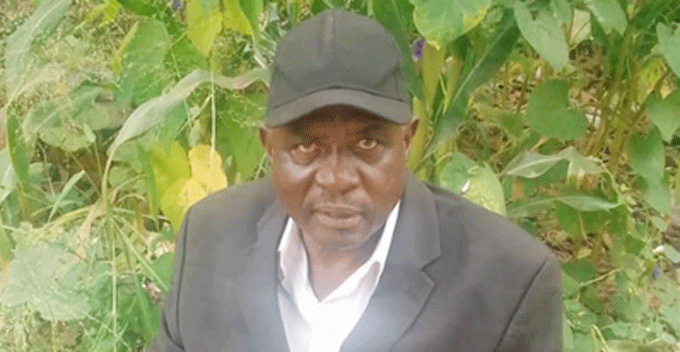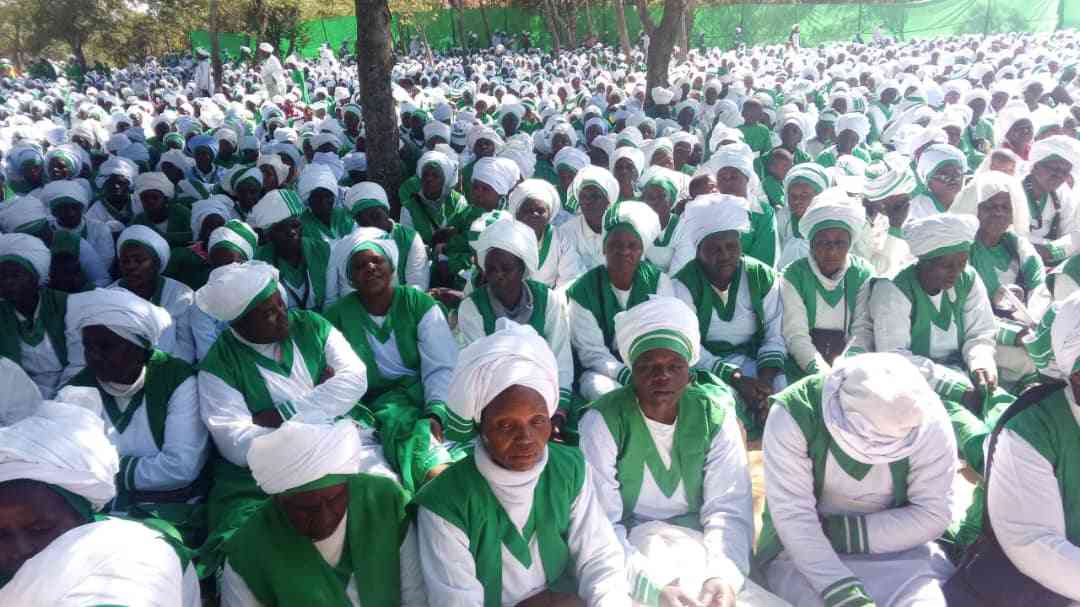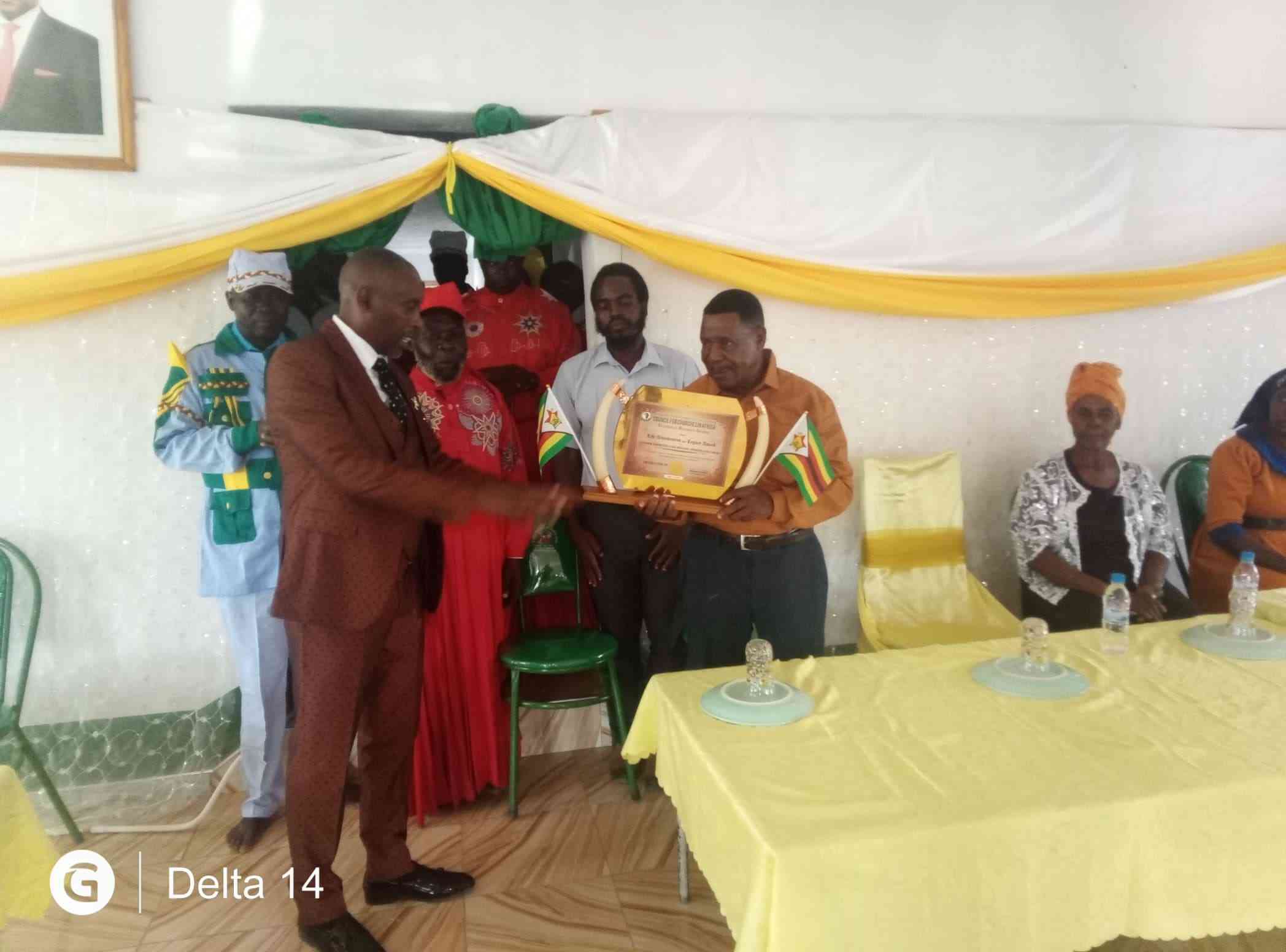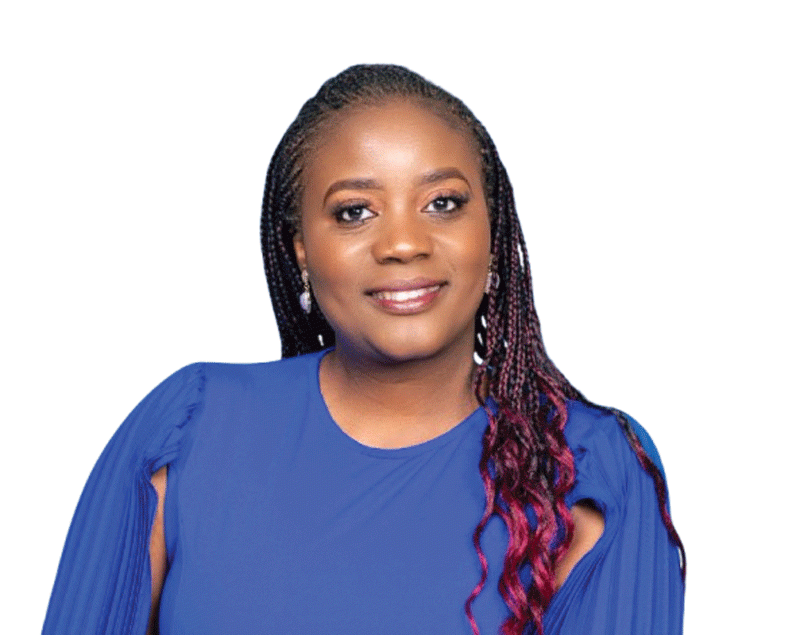
By Alfred Tembo
In 1993 when the regional and global spaces were beginning to open up for Alex Sekela and the music outfit Super Sounds, it turned out to be the genesis of the Gweru-based outfit’s demise.
Sekela, the voice behind the 1983 hit song Chipendani, recounts the experience of having been at the peak of a successful musical career and also in the votex of its downfall.
Speaking to Standard Style from his Mkoba 20 home, the seasoned guitarist said he struggles to cope with the pain of Super Sounds’ demise and the death of members of the group.
“In 1993 when l left for Botswana to meet a friend who was a teacher there I met a gentleman by the name Peter Reemer who wanted to organise foreign shows for Super Sounds,” Sekela recalls.
“Surprisingly, I learnt that Reemer was related to Peter Gabriel, then director of World of Music Arts and Dance, who later facilitated that we perform in Glasgow in Scotland that same year.
“On my return from Botswana with the good news, l found my band members gone to Gokwe with our instruments where they were hoping to do shows.
“Unfortunately, things did not go well that side and they ended up selling the equipment to make ends meet and that marked the end of Super Sounds.”
- Chamisa under fire over US$120K donation
- Mavhunga puts DeMbare into Chibuku quarterfinals
- Pension funds bet on Cabora Bassa oilfields
- Councils defy govt fire tender directive
Keep Reading
That incident was the turning point for Sekela and members of the group.
Sekela said he never wanted to go back into the music industry.
“In 1994 I started driving trucks and doing anything that could help me move forward,” he said.
“I went back to school and did O’ Level and I had to work hard to burn the frustration of what I had gone through.
“I lost my house in Mkoba, which l had used as collateral in securing a loan from a financial institution to acquire music instruments.”
At the time of its demise, Super Sounds had released five albums namely Chipendani (1983), Ruva Rangu (1985), Shungu Dzangu (1986), Taneta (1987) and Gotokoto (1991).
The group also released 37 singles that includes David and Peter (1984), Amai Dzokai (1978), Mangerengere (1985) and Mhindupindu (1982), among other hits.
The veteran musician and a former councillor said it was no stroll in the park to go in the studio and record.
“All our songs were recorded at Gramma Records and during our time everyone wanted to record with such a firebrand music label,” Sekela said.
“As Super Sounds, we proved our capabilities after a series of bookings and auditions at Gramma Records. We never looked back and the rest is history.”
Their achievements on local radio stations earned them recognition across the country and became a band of choice as they travelled across the breadth and length of the country.
They got endorsements from corporates and organisations, including Gweru City Council through its now defunct liquor unit Go Beer Breweries.
Super Sounds would perform at the local authority’s beer outlets dotted across Gweru and they would visit communities outside the city where Go Beer Breweries supplied its opaque beer.
Apart from the Go Beer Breweries deal, Super Sounds were also sponsored and supported by Super Express Services, a company that had interests in the hospitality and transport sector.
The company operated Ndanga Hotel in Zaka, Masvingo province and Happy Chachacha Hotel in Shurugwi.
Super Sounds shared the stage with some of the country’s biggest names who included Oliver Mtukudzi, Leonard Dembo, Alick Macheso, Nicholas “Madzibaba” Zakaria, Safirio Madzikatire and Simon Chimbetu, among others.
Super Sounds went on to be awarded a Gold Disc (1985) by Gramma Records for the song Hupenyu Imhindupindu, which had sold over 25 000 copies.
Although Chipendani did not receive any accolade, it remained one of the best songs ever to be recorded by Super Sounds.
Sekela was born on August 7, 1955 in Chivhu, Maseva village near Assisi Mission. He was educated in Harare and Gweru.
In 1972, while in Gutu, Sekela founded a music group with his friends Skala Dube and Bothwell Nyamhondera.
The band was known as Tafara Sounds and it went on to record a single titled MaNurse in 1977. The name of the band was inspired by Tafara Madondo Hotel where the band was resident.
Super Sounds was a talented outfit comprising of Mike Sibanda (keyboard), Sekela (lead vocals and lead guitar), brothers Esau “Black Chips” Chirwa (lead vocals and rhythms) and William Chirwa (bass guitar and vocals), Ringo Mabwe (rhythm guitar and sub lead guitar), Abednego Mbasela (backing vocals), Tobias Ngosha (drummer and congas), Lucas Moyo (percussion) as well as Soul Matsengarwodzi (lead vocals and lead guitarist).
“I am alive by God’s grace,” Sekela said.
“Moreover, I want to thank God for giving me a caring and responsible wife.
“Without her I do not know where I would have been.”
The veteran musician said he has returned to reignite his passion and has an album whose release is hamstrung by financial challenges.










